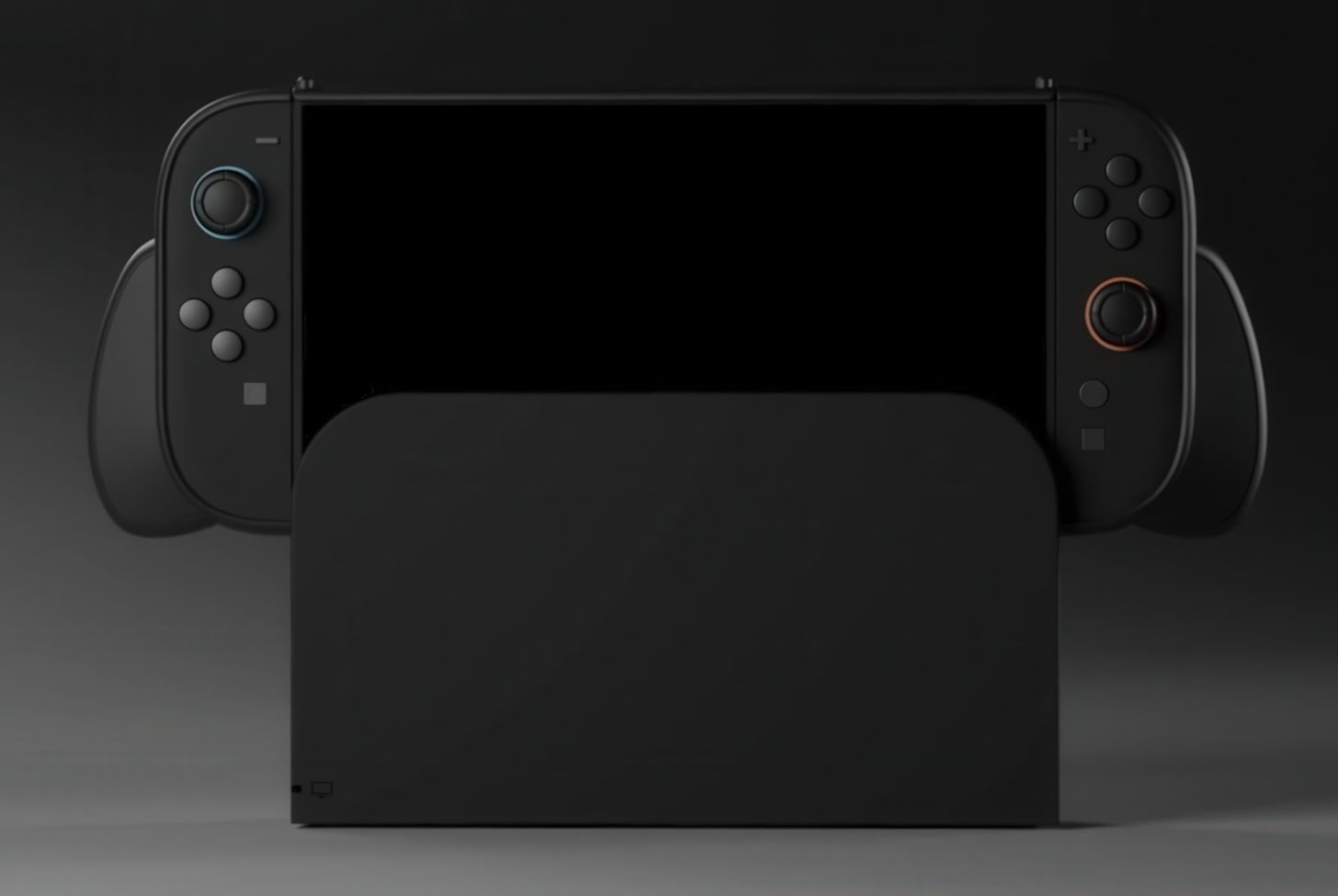Nintendo Switch 2 Lookalike Lands Genki in Legal Hot Water: Company Promises Measured Response

In a dramatic turn of events at CES 2025, Nintendo has taken legal action against Genki, the accessory manufacturer known for its innovative gaming peripherals. The lawsuit centers around Genki's controversial display of what appears to be a replica of the rumored Nintendo Switch 2 console at the prestigious technology showcase.
The tech world was buzzing with speculation after Genki seemingly unveiled a prototype that bore striking resemblance to an unannounced Nintendo gaming system. Nintendo's swift legal response underscores the company's fierce protection of its intellectual property and upcoming product designs.
Genki has indicated they will respond to the lawsuit "thoughtfully," suggesting they are preparing a carefully crafted defense. The incident highlights the intense competition and secrecy surrounding next-generation gaming hardware, with companies like Nintendo guarding their innovations zealously.
While details of the lawsuit remain limited, the tech community is watching closely to see how this legal battle will unfold and what implications it might have for future product reveals at industry events.
